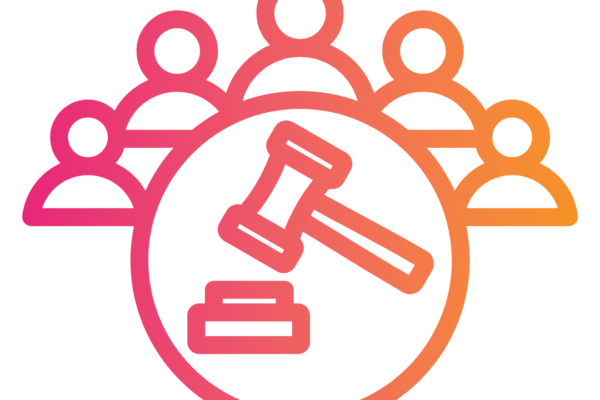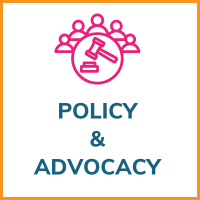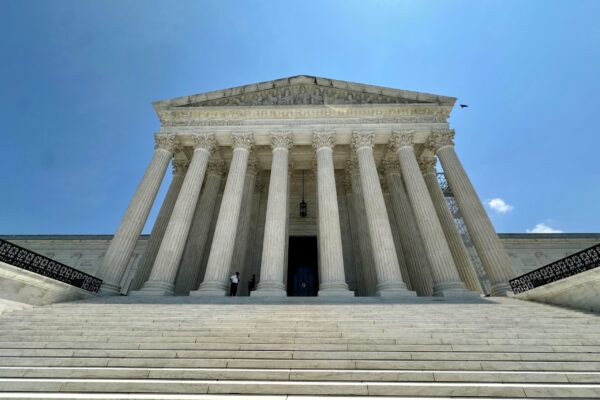We were pleased that the Department of Education hosted a formal listening session to hear personal experiences with special education and vocational rehabilitation from parents, teachers, students with disabilities, and other advocates. The session provided an opportunity for stakeholders across our communities to share specific examples of the importance of IDEA and Section 504 and why the Administration must not shift key functions and roles that these and other federal laws require the Secretary of Education to oversee. During the three-hour session, not a single speaker expressed support for dismantling the Department of Ed or decreasing federal oversight of IDEA. The Department of Ed continues to hear the same message: now is the time to advance IDEA, not dismantle 50 years of progress. As a proud partner of the Advance IDEA Coalition, see our joint statement here: OSERSListeningSession2026-01-28
Why Special Educators Leave and How Leaders Can Keep Them: A Guide for Principals and System Leaders
If we want better outcomes for students with disabilities, we have to retain the educators who are committed to expanding inclusive learning environments. Yet entering this school year, public schools again reported that special education was among the hardest roles to staff; 74% of elementary and middle schools struggled to fill teacher vacancies, with special education positions among the most challenging to fill, according to the National Center for Education Statistics. That’s not an isolated blip — it’s a pattern we’ve seen for years, with special education consistently ranking as one of the top shortage areas nationwide. In October, the Center for Learner Equity (CLE), in partnership with the New Jersey Public Charter Schools Association (NJPCSA), released a practical Action Guide for system and school leaders who are ready to move from worry to work. This resource focuses squarely on supporting and retaining special education teachers — because if school leaders can better understand the root causes of why special educators leave their jobs, then we can take action to help these teachers stay. Download the guide here: CLE NJ Special Educators Brief_0925_V4_FINAL Read our Blog Post here.
Washington, D.C. – In response to yesterday’s release of the negotiated Fiscal Year 2026 funding package for the Departments of Labor, Health and Human Services, and Education, the Center for Learner Equity (CLE) thanks House and Senate appropriators for affirming the Department of Education’s (ED) critical role and ensuring all aspects of the Individuals with Disabilities Education Act (IDEA) are funded. Each component of the IDEA (Parts B, C, and D) reaches distinctly different constituents, from students with disabilities birth to 21, their families, and educators, to supports for districts and charter schools on implementing best practices, to critical research, and more. The funding package must be agreed upon to fully fund the government before the January 30 deadline. “Appropriators have made their intent and directives clear: The Department of Education has an ongoing responsibility to carry out programs and activities that Congress has singularly directed the agency to do,” said Jennifer Coco, Interim Executive Director of CLE. “Language in the legislation requires ED to continue functioning. What’s more, we appreciate Congress recognizing that every subpart of our K-12 education statutes is essential by directing funding for IDEA Parts B, C, and D, and Title I, Title II, Title IV, […]
Washington, D.C. – The Center for Learner Equity (CLE) continues to vehemently oppose moving the functions of the Department of Education (ED) to other federal departments. This plan jeopardizes the rights and education of 8 million children with disabilities. While the six interagency agreements announced on Tuesday, November 18, 2025 do not include a plan to move the Office of Special Education and Rehabilitative Services or the Office for Civil Rights, these functions remain under threat. The actions taken are not only harmful, they are unlawful. This includes moving all functions of the Office of Elementary and Secondary Education (OESE), which administers K-12 grant programs including the Charter School Program, to the Department of Labor. “Students with disabilities are students first, but today’s actions separate programs for students with disabilities from all K-12 education programs,” said Jennifer Coco, Interim Executive Director of CLE. “This should not be a partisan issue. Dismantling the Department of Education will have negative consequences for children across the nation. We urge the Administration to reverse this decision, and we urge Congress to immediately conduct oversight hearings in the Senate Health, Education, Labor, and Pensions Committee and the House Education and Workforce Committee. And we will […]
Washington, D.C. – The Center for Learner Equity (CLE) strongly opposes the administration’s recent action of gutting the key offices that oversee special education programs. Decimating these offices directly harms the education of more than 8 million students with disabilities across the nation. On Friday, October 10, 2025, the entirety of the Department of Education’s special education and K-12 education infrastructure, from the Office of Special Education Programs to the Charter School Program Office, was rendered non-functioning through massive layoffs. This reduction-in-force, or RIF, makes it nearly impossible for the Department to fulfill its duties on behalf of students with disabilities, their families, and schools. “The education of students with disabilities is a nonpartisan issue that should be insulated from politics,” said Jennifer Coco, Interim Executive Director of CLE. “Despite Education Secretary Linda McMahon repeatedly committing to uplifting the rights of students with disabilities, the administration chose to gut the offices responsible for ensuring states are upholding the Individuals with Disabilities Education Act (IDEA). We urge Secretary McMahon to reverse the layoffs and rise above partisan politics in the interest of supporting the education of students in every community across the nation—1 in 5 of which is a student with […]
The Center for Learner Equity (CLE) vehemently objects to the tax package proposed by the House Ways and Means Committee.
CLE condemns the Trump Administration’s gutting of the Department of Education through its massive Reduction in Force of thousands of staff, and will continue to oppose any related federal actions that abolish its important role protecting the rights and preventing discrimination of students with disabilities.
CLE responds to the U.S. Supreme Court’s decision to hear the Oklahoma case on religious charter schools, standing with the Oklahoma Supreme Court’s June 25, 2024 decision that ruled religious charter schools unlawful.





